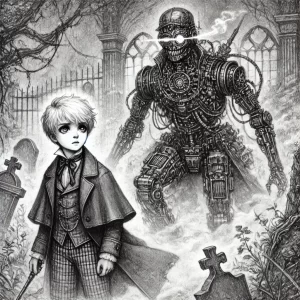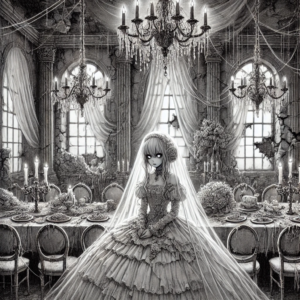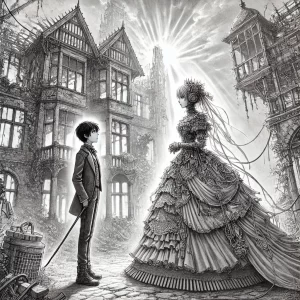A Timeless Tale of Ambition and Redemption
Few novels capture the complexity of human ambition, social class, and personal redemption like Charles Dickens’ Great Expectations. Originally published in serial form between 1860 and 1861, this novel remains one of the most beloved works of Victorian literature, offering a compelling blend of mystery, social critique, and personal growth.

At its heart, Great Expectations is the story of Pip, an orphan who dreams of becoming a gentleman, only to learn that wealth and status do not necessarily lead to happiness or integrity. If you enjoy coming-of-age stories, rich character development, and a critique of social class, this novel is a must-read.
(Affiliate link here: Buy on Amazon)
Book Details at a Glance
| Feature | Details |
|---|---|
| Title | Great Expectations |
| Author | Charles Dickens |
| Publication Year | 1861 |
| Genre | Classic Literature, Coming-of-Age, Social Commentary |
| Length | ~544 pages |
| Main Themes | Ambition, Class Struggle, Love, Redemption |
| Key Concept | The illusion of wealth vs. the reality of happiness |
| Relevance Today | Social mobility, personal identity, self-discovery |
| Readability | Classic, detailed prose, but deeply rewarding |
| Who Should Read? | Lovers of classic literature, historical fiction fans, those who enjoy intricate character development |
Breaking Down the Book: Core Themes
1. The False Promise of Wealth and Status
Pip is led to believe that becoming a gentleman will bring him happiness, but as he rises in social class, he finds himself disconnected from his roots and struggles with feelings of unworthiness.

👉 Takeaway: True fulfillment comes not from external success, but from integrity and meaningful relationships.
2. Unrequited Love and Emotional Growth
Pip’s love for Estella, the cold and unattainable woman raised by the bitter Miss Havisham, is a central conflict in the novel. His journey teaches him the pain of loving someone who cannot return affection.

👉 Takeaway: Love cannot be forced, and true self-worth must come from within.
3. The Role of Fate vs. Free Will
Pip’s life is heavily influenced by unexpected benefactors and coincidences, raising questions about whether we control our destinies or are shaped by forces beyond our control.
👉 Takeaway: While circumstances shape us, our reactions define who we truly become.
(Want to read more? Get your copy here: Amazon Affiliate Link)
What Makes Great Expectations Unique?
1. One of Dickens’ Most Complex Protagonists
Unlike some of Dickens’ earlier heroes, Pip is flawed, selfish, and often misguided, making him one of the most realistic and relatable characters in classic literature.
2. A Narrative Full of Mystery and Surprises
From Pip’s secret benefactor to the strange figures that shape his journey, Great Expectations blends coming-of-age with an element of mystery, keeping readers engaged.
3. A Timeless Critique of Social Class
Dickens exposes the hypocrisy and corruption of the upper class, while also showing that kindness and decency exist at all levels of society.
Why This Book Still Matters Today
Though written over 160 years ago, Great Expectations remains deeply relevant. It speaks to modern struggles with ambition, identity, and the search for true meaning. The themes of wealth inequality, personal transformation, and emotional growth are just as impactful today as they were in Dickens’ time.
If you’ve ever questioned whether success and status bring happiness, this book will challenge you to rethink what truly matters in life.
Final Thoughts & Where to Buy
⭐ Rating: 5/5 – A rich, layered novel with unforgettable characters and a powerful message about ambition, love, and redemption.
If you enjoy classic literature with deep social insights and beautifully written prose, Great Expectations is an essential read.
📖 Buy Great Expectations on Amazon (Affiliate Link)
This post contains affiliate links. If you purchase through these links, I may earn a small commission at no extra cost to you. Thank you for supporting this blog!